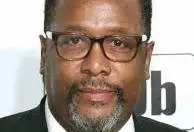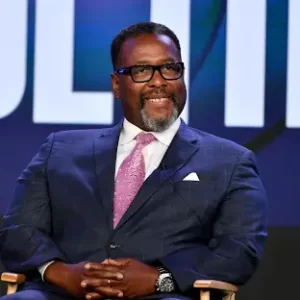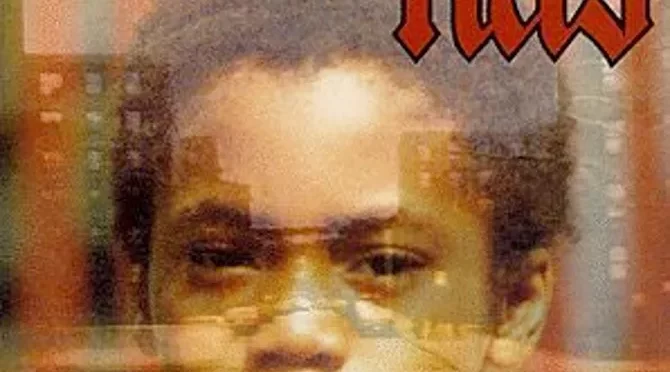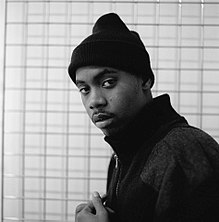One of the most unfortunate developments of my nearly half-century association with education as a student and now faculty member has been the steady decline of Black males’ successful engagement with American colleges and universities. Although I would like to attribute my noticing this decline to my entrance into the professorate, truthfully, my contemporaries have been discussing this decline in many ways, ranging from the droves of Black women available for dating during our collegiate years to the fact that the classrooms we now lead are largely devoid of Black male students.
It is a humbling experience to see the decline in Black males engaged in Historically Black Colleges and Universities.
A recent study by the American Institute for Boys and Men has brought structure to what we intuitively knew were observations that stretched beyond being anecdotal. According to the above research, Black male’s engagement with higher education has been in a steady decline over the past half-century. Consider the following data about Black males’ dwindling attendance at HBCUs.
YEAR BLACK MALE ENROLLMENT
| YEAR | BLACK MALE ENROLLMENT |
| 1976 | 38% |
| 2005 | 31% |
| 2022 | 26% |
There is no other way of viewing this decline than the fact that within an economy that shifted from a manufacturing to a service economy during the 1980s, Black males have been left behind. In contrast, all other groups have increased their presence on HBCU campuses.
Many have chosen to point at the steady success of Black females as a factor in the decline of Black men on HBCU campuses; studies indicate that their numbers have not increased notably. The fact that many have attempted to pit the future fortunes of Black male collegians versus their female counterparts suggests an inability to view this problem from a reasonable perspective aimed at addressing this worsening situation.
Black female collegians must be celebrated for their voluminous presence on HBCU campuses, not criticized as occupying spaces reserved for African-American males. Such arguments are counter-productive for many reasons. A more insightful analysis will lead to the realization that as Black males have receded from the classroom due to a litany of reasons, none of which deals with their intellectual capacities, a diverse population of non-Black groups have stepped into those enrollment slots.
This worsening pattern of Black males’ being left out of higher education must be addressed expeditiously. If left unchecked, Black America will suffer in every socioeconomic way imaginable, from worsening marriage rates to single-parent households. We must never ignore the undeniable fact that the core duties of Black fathers are to provide for and protect their families. The dwindling numbers of Black males in today’s HBCU classrooms threatens this and succeeding generations of Black men, women, and children in a nation where Race continues to matter mightily.
Dr. James Thomas Jones III
© Manhood, Race, and Culture 2024.

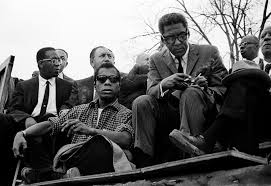

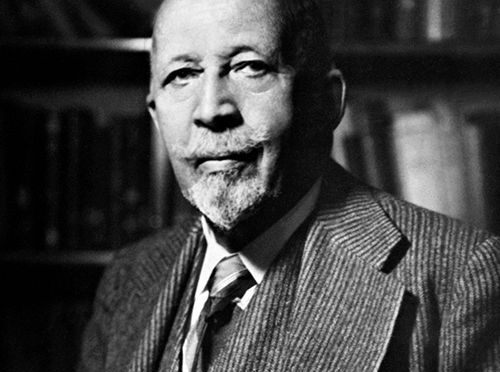

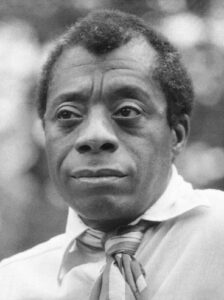
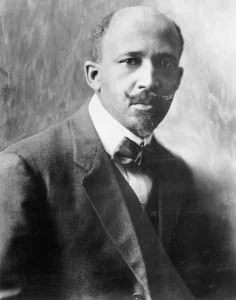 Educated Blacks avoid this discussion like the plague. Although I cannot speak for others, I can tell you that I have tired of defending the foolishness of culturally deprived and historically illiterate Black folks against white, yellow, and brown groups who look upon them with what W.E.B. DuBois termed “amused contempt and pity.”
Educated Blacks avoid this discussion like the plague. Although I cannot speak for others, I can tell you that I have tired of defending the foolishness of culturally deprived and historically illiterate Black folks against white, yellow, and brown groups who look upon them with what W.E.B. DuBois termed “amused contempt and pity.”